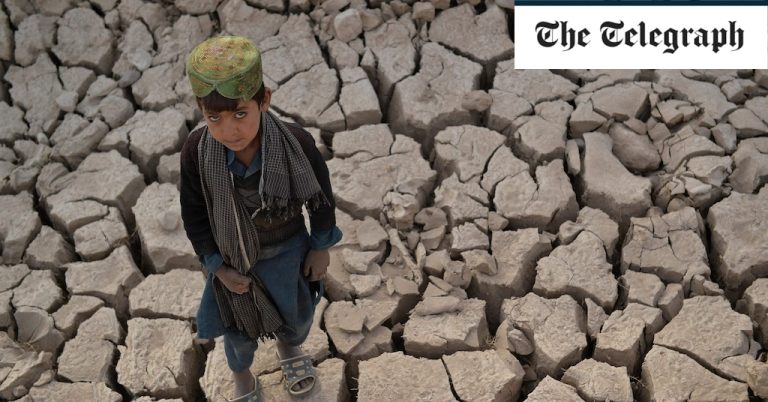WHO estimates that pollution, waste and chemicals account for an estimated 14 million deaths a year, or about a quarter of the global disease burden.
The impacts are not equal. People in low- and middle-income countries bear the brunt of the health consequences, especially those in rapidly developing urban areas.
Around the world, WHO is supporting countries to prepare for and respond to these threats, by making their health systems more climate-friendly and climate-resilient, and by providing the evidence to tools to address the health impacts of pollution, waste and chemicals.
But no single agency can do this alone. The causes of this crisis are multisectoral. So too are its impacts, and so too must be the response. Collectively, we got ourselves into this mess. Collectively, we must get ourselves out of it.
That’s why the World Health Organization, the United Nations Environment Programme, the Food and Agriculture Organization of the United Nations and the World Organisation for Animal Health are working together in a group called the Quadripartite to support countries to take a “One Health” approach, recognizing that policies on human health, animal health, agriculture and the environment must be mutually informed, and mutually reinforcing.
At the United Nations Environment Assembly in Nairobi last week, countries adopted important resolutions on air quality, chemicals and waste, sustainable lifestyles, hazardous pesticides, and water policy that are important for driving sustained, multisectoral action to protect the health of people and planet.
They also committed to continue work on the negotiation of an international legally-binding instrument on plastic pollution.
One Health is likewise an important element of the legally-binding pandemic agreement that WHO’s Member States are now negotiating.
The patient is in peril. Band-Aid solutions will not do. At the national, regional and global levels we need transformative action in energy and transport systems, food systems and health systems. And as UN agencies, we must do better at breaking out of our siloed mindsets and working together for effective, inclusive and sustainable multilateral action – because we have no other choice.
On Christmas Eve 1967, less than four months before his assassination, Martin Luther King said, “It really boils down to this: that all life is interrelated. We are all caught in an inescapable network of mutuality, tied into a single garment of destiny. Whatever affects one destiny, affects all indirectly.”
For everything that makes us different, we are one species, sharing the same DNA, and the same planet. We have no future but a common future.
Protect yourself and your family by learning more about Global Health Security
